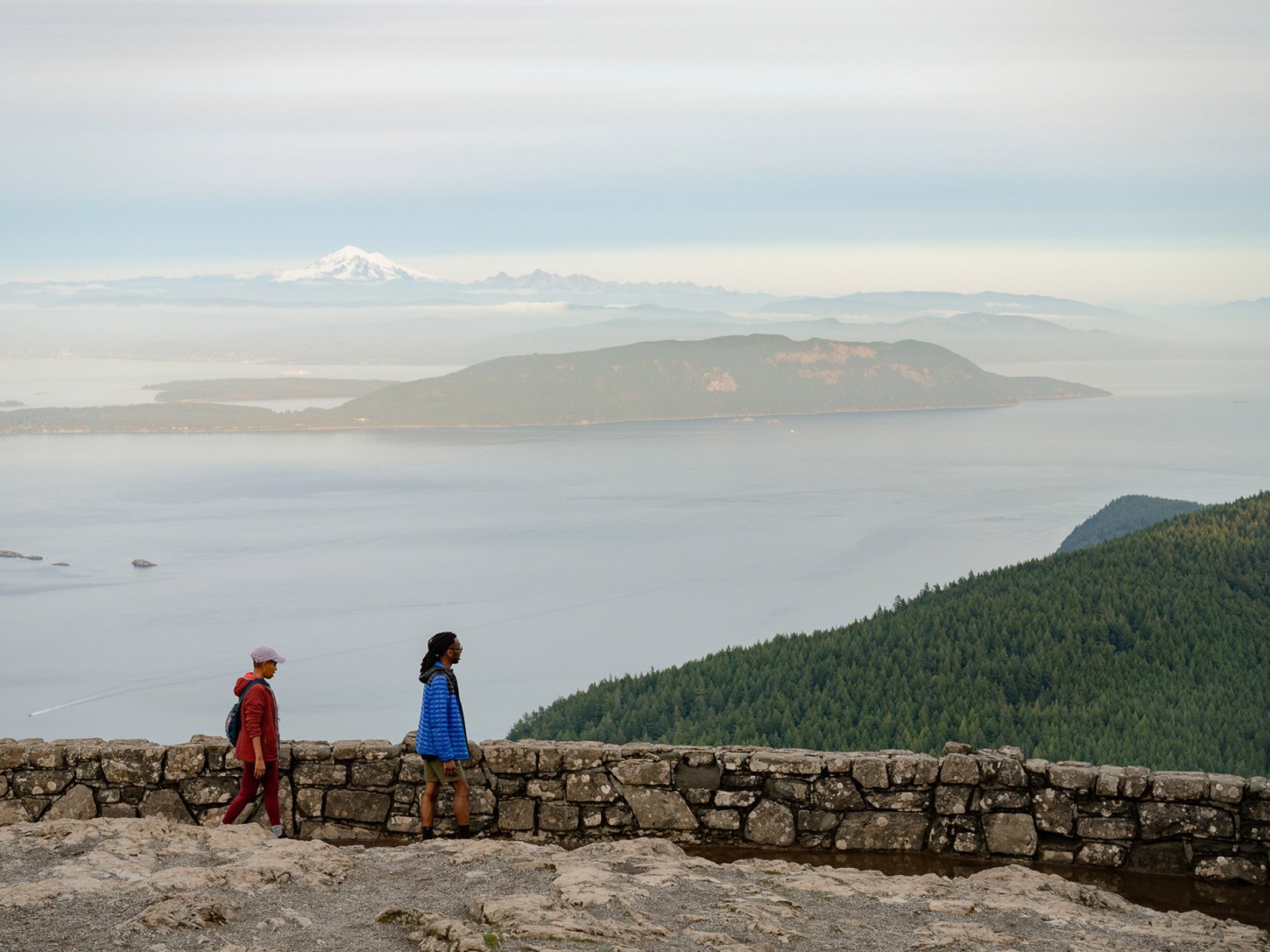
Tourism Regeneration Grant
Please note this grant will not be offered in 2026.
View a list of previous recipients here.
Tourism Regeneration Grants will foster safer, more inclusive, and sustainable visitor experiences across the state and drive overnight visitation to rural and underserved communities. Project eligibility for Tourism Regeneration Grants ranges from visitor education campaigns to disaster and climate adaptation planning. Tourism stakeholders may request up to $50,000 in grant funding for projects that include but are not limited to tourism infrastructure, outdoor recreation, festivals and events, and training programs for visitor/customer services.
Local governments, tribes, chambers of commerce, destination organizations, and other nonprofit organizations that support travel and tourism are eligible to apply for Tourism Regeneration Grants. SWT has allocated $780,000 to this grant program. Tourism Regeneration Grants will not be available in 2025.
Applicants are strongly encouraged to match a portion of their grant request with cash or in-kind contributions. Grant funds from SWT should not pay for staff salaries, debt, or interest payments associated with eligible projects. Applicants are also strongly encouraged to collaborate with local destination marketing organizations and industry partners on eligible projects.
Applicant must have an active registered UEI#.
Examples of Grant Projects
- Safety lighting, hand/guard rails, ramps, and elevator repairs/maintenance for infrastructure linked to the tourism sector
- Trail and tourism ambassador programs
- Environmental sustainability efforts at large festivals and events
- Accessibility efforts for people living with disabilities to recreate outdoors
- Cycling infrastructure (includes bike lanes, repair stations, restrooms, etc.)
- Parking/transportation strategies and solutions to discourage single-occupancy vehicles
- Wayfinding enhancements and downtown beautification
- Recreate responsibility messaging, incentives that change visitor behavior
2024 Application Timeline
Sept. 2–30: Application period open. | View the recorded info session.
October: A review committee of industry experts will evaluate the leading applications.
Nov. 1: Award recipients will be notified by email.
Dec. 1: Estimated date grant funds will be made available. Grantees have one year to expend the funds.
Stipulations for Working with Contractors
Tourism Stakeholders should express an intention to seek contract work from a third party without naming a vendor. When describing the work, applicants should specify deliverables and the desired qualifications of vendors.
Applicants must also abide by the following stipulations as outlined by the Washington State Department of Commerce:
If a micro-purchase (up to $10,000)
- The price is reasonable based on research, experience, purchase history, or other information and must be documented.
- For professional services, Commerce recommends creating a contract to ensure deliverables will not exceed $10,000 as a best practice.
If a small purchase ($10,001 – $30,000)
- Quotes were obtained from at least three sources.
- The price is reasonable based on research, experience, purchase history, or other information and must be documented.
- The purchase limit can reach $40,000 if using a certified small or veteran-owned business as outlined in RCW 39.26.010(22).
For purchases above $30,000 (or $40,000 if using a certified small or veteran-owned business), applicants will need to follow the federal procurement process outlined in 2 CFR 200 procurement.
Applicants awarded grant funds must submit all contracts/contractors involved with each project to SWT for review and approval. Contractors must be billed on a reimbursement basis after services are rendered. If applicable, some eligible expenses can only be covered at OFM reimbursement rates.
Reporting Requirements
Grantees must submit two reports (an interim and a final evaluation) and comply with quarterly check-in meetings for the duration of the grant project. If awardees fail to submit an evaluation, their consideration for future grants may be adversely affected.
The project evaluation should include:
- A final budget
- Proof of spending
- Vendor tax form (W-9)
- Key findings/metrics and how they will guide strategy in relation to travel and tourism in a destination community.
Be sure to view the FAQ for this grant program as well as the application portal FAQ. For additional questions, contact Matthew Ozuna at matthew@stateofwatourism.com.
These funds are made possible through a federal grant from the Economic Development Administration, awarded to State of Washington Tourism by the Washington State Department of Commerce for tourism industry pandemic recovery, and are intended for rural and underserved communities.
